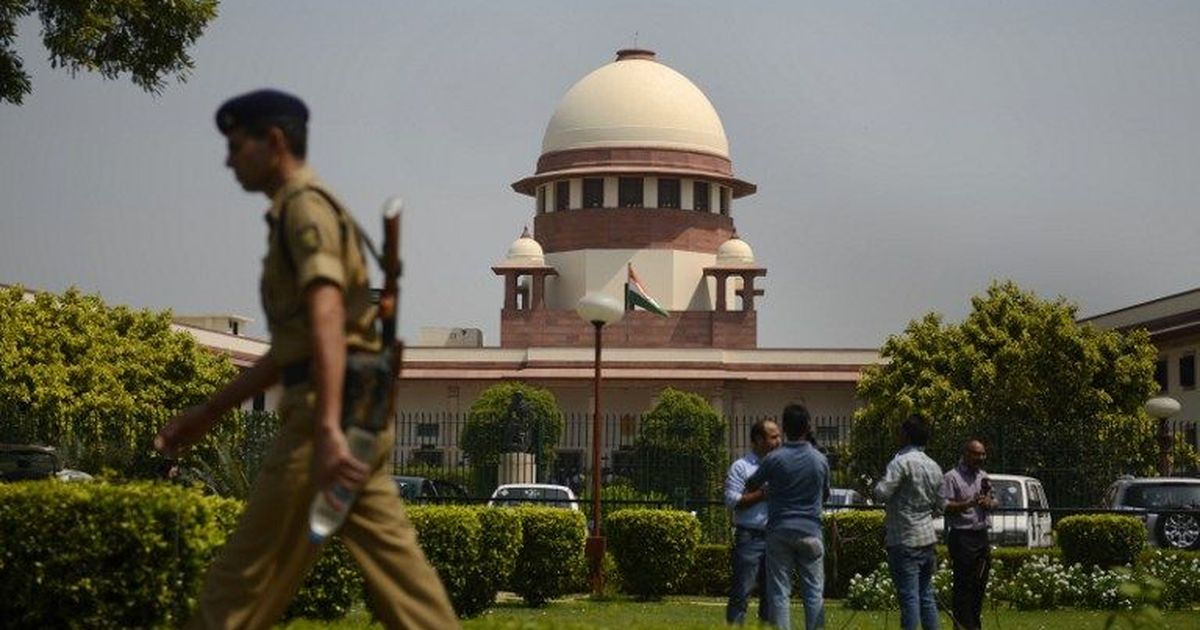The Supreme Court questioned the Government of Haryana over a policy of granting remission in view of the release of a murder convict. This is directed towards convicts who are imprisoned for life, aged 75 years (in case of male convicts) or above. The Apex Court said, “Prima facie the policy appears to conflict with Section 433A of the Code of Criminal Procedure“.
Now, Section 433A CrPC states that a convict shall not be released from jail; unless he has served at least 14 years of the imprisonment. That is, if he has been sentenced to life for an offence that entails a maximum of a death sentence; or in cases where capital punishment has been commuted.
The bench comprising of Justices UU Lalit and Dinesh Maheshwari raised a few queries on lines of – “Whether a policy could be framed under Article 161 of the Constitution of India, which would run counter to the mandate of Section 433A CrPC?” ; “Whether the authority considered facts of individual cases before granting the benefit of remission?”
In this case, the state released a murder convict after completion of 8 years of a life sentence, invoking the impugned remission policy. Learned counsel for the state informed the bench about an earlier policy dated 15 August 2019. As per the said policy, special remission stands granted to male convicts of age 75 years or above sentenced for life; and completed 8 years of the actual sentence.
Taking note of the contentions, the Supreme Court issued notice to the Haryana government on the matter. Additionally, Haryana Government stands directed to file a response within two weeks. Notably, the Apex Court listed the matter for further proceedings on July 6, 2020.

